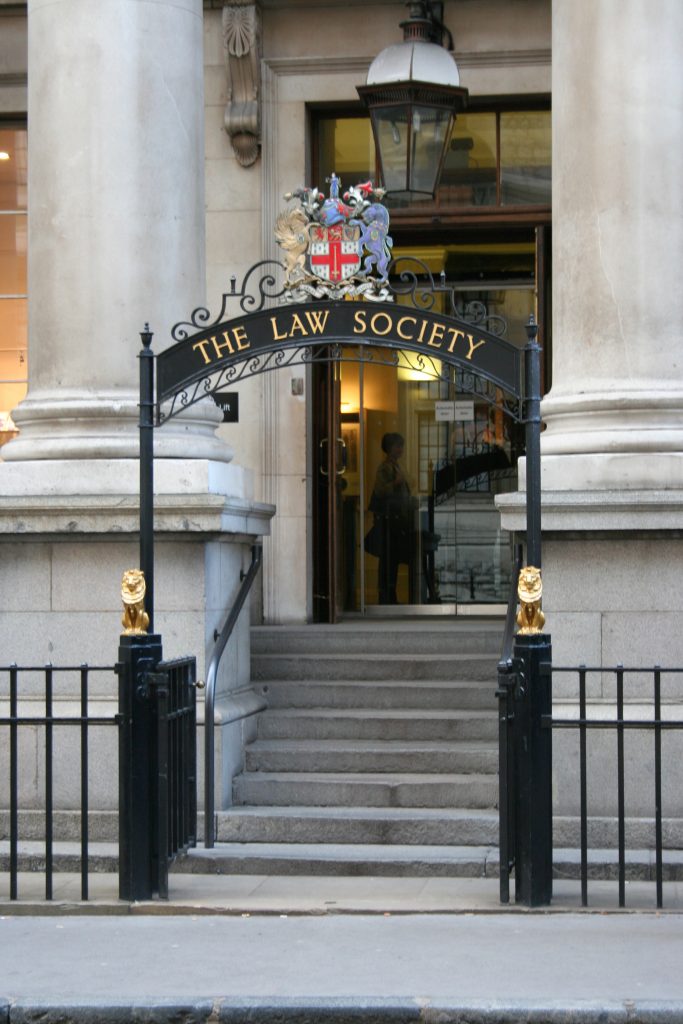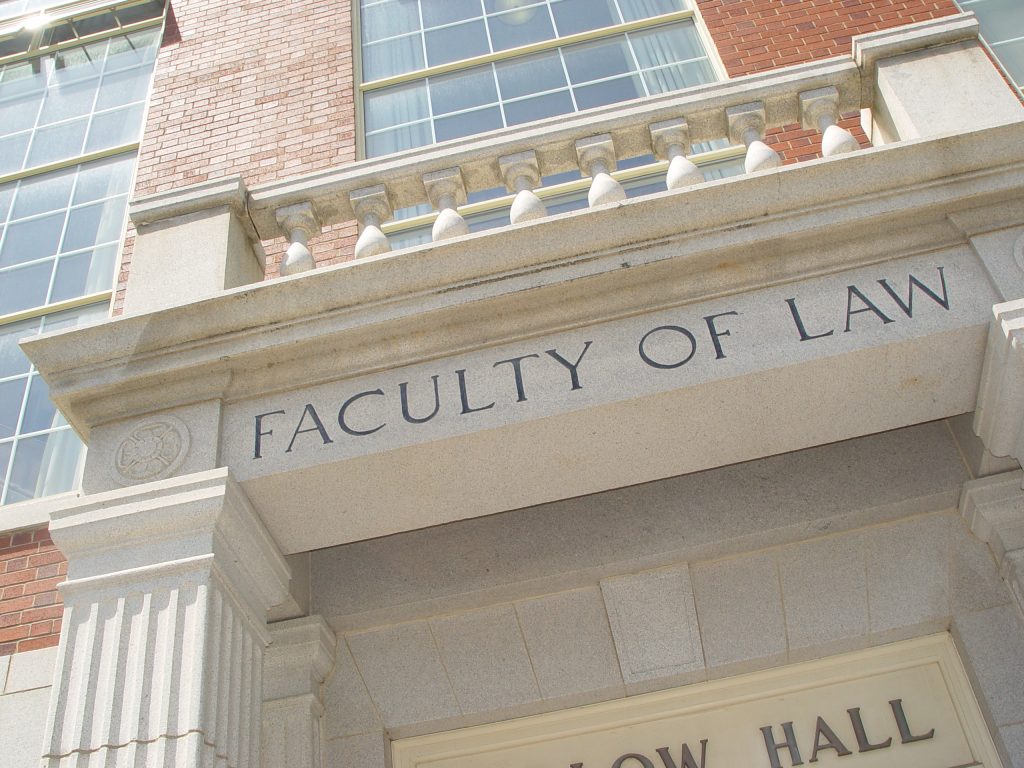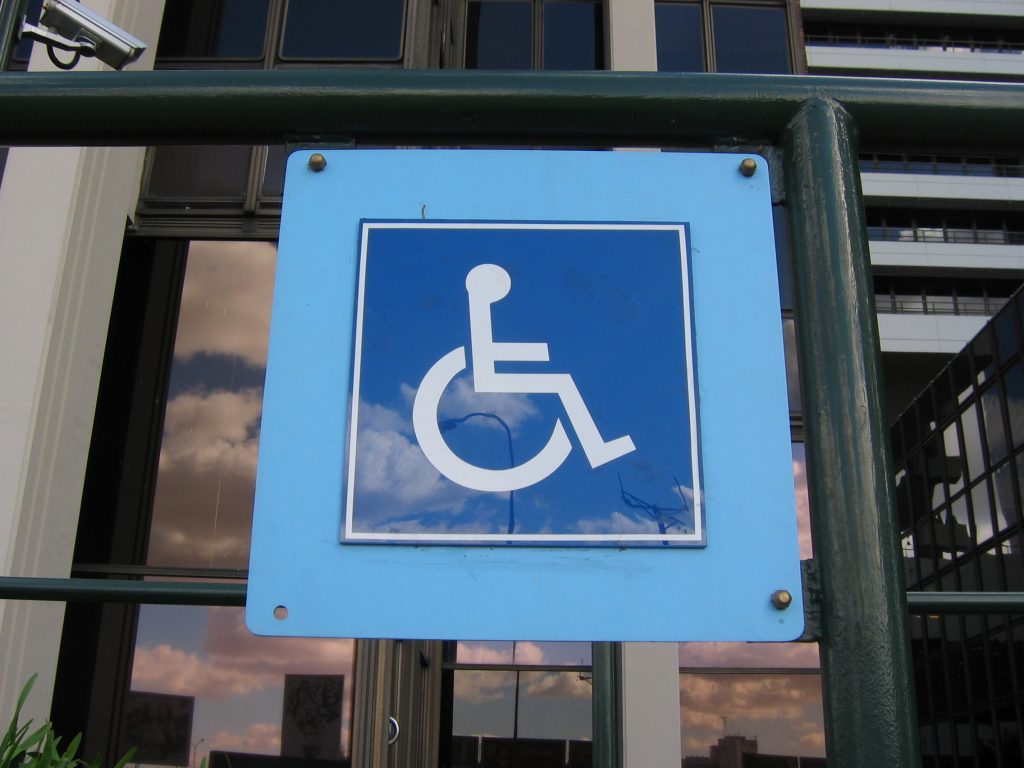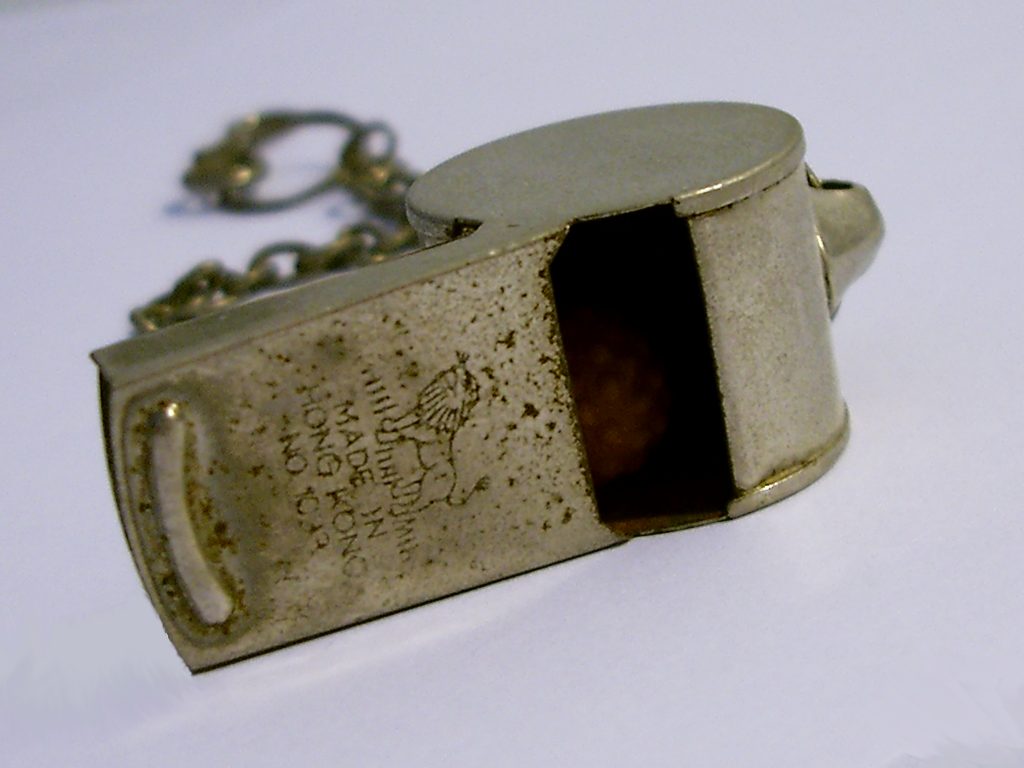 “An eye for an eye will only make the world blind,” said Mahatma Gandhi. In a recent case, the Ritz-Carlton Hotel Company, LLC claimed that one of its employees filed a lawsuit against it as retaliation for her dismissal from the company. The Louisiana Fifth Circuit Court of Appeal was faced with the question of whether that employee actually suffered a compensable work-related injury or whether her claims were suspect.
“An eye for an eye will only make the world blind,” said Mahatma Gandhi. In a recent case, the Ritz-Carlton Hotel Company, LLC claimed that one of its employees filed a lawsuit against it as retaliation for her dismissal from the company. The Louisiana Fifth Circuit Court of Appeal was faced with the question of whether that employee actually suffered a compensable work-related injury or whether her claims were suspect.
Phyllis Summers was a hairdresser, nail technician, and makeup artist at the Ritz. On March 2, 2013, she arrived early to perform a pedicure for a guest. But her day took a turn for the worse as she slipped and fell from water leaking from one of the pedicure tubs. The Ritz suspended her employment on May 3, 2013, and later terminated her on May 16, 2013, for repeated violations of Hotel policy. Ms. Summers then filed a Workers Compensation Claim (“WCC”) on June 7, 2013, seeking compensation for a work-related injury. The Workers’ Compensation Judge (“WCJ”) granted her wage and medical benefits, along with penalties and attorney fees. The Ritz and Marriot Claims Service (“MCS”) appealed, arguing that Ms. Summers filed the lawsuit as an act of vengeance.
In reviewing a WCJ’s decision, the Court of Appeal may only overturn conclusions if a close examination of the facts in the entire court record shows that the WCJ was “clearly wrong.” See Dean v. Southmark Constr., 879 So.2d 112 (La. 2004). In reviewing this case, the Fifth Circuit assessed whether (1) Ms. Summers’ accident was job-related; (2) her accident resulted in injury, or resulted in making an injury she already had worse; (3) she was entitled to temporary total disability (“TTD”); (4) she was entitled to supplemental earnings benefits (“SEBs”); (5) the injury warranted medical, medication and travel expenses; and (6) she had a right to penalties and attorney fees.
 Louisiana Personal Injury Lawyer Blog
Louisiana Personal Injury Lawyer Blog


 Louisiana law strongly encourages arbitration as a method of resolving disputes. Arbitration is a form of alternative dispute resolution whereby parties agree to be bound by the decision of neutral third parties. Arbitration promotes efficiency in dispute resolution because it attempts to resolve disputes before court involvement becomes necessary. It prevents courts from becoming backlogged with excessive caseloads. While arbitration promotes court efficiency, it can be a burdensome roadblock to certain litigants seeking recovery. A recent Louisiana case is illustrative.
Louisiana law strongly encourages arbitration as a method of resolving disputes. Arbitration is a form of alternative dispute resolution whereby parties agree to be bound by the decision of neutral third parties. Arbitration promotes efficiency in dispute resolution because it attempts to resolve disputes before court involvement becomes necessary. It prevents courts from becoming backlogged with excessive caseloads. While arbitration promotes court efficiency, it can be a burdensome roadblock to certain litigants seeking recovery. A recent Louisiana case is illustrative. Are you being or have you been sued and simply can’t afford court costs and litigation due to financial instability? If this is your case, you can file an affidavit of poverty also known as obtaining pauper status pursuant to
Are you being or have you been sued and simply can’t afford court costs and litigation due to financial instability? If this is your case, you can file an affidavit of poverty also known as obtaining pauper status pursuant to  When a person is injured, timeliness and diligence are required to hold the responsible party liable under the law. If either element is missing, the injured person will lose the ability to seek relief. An early procedural hurdle plaintiffs face in litigation is the defendant’s motion for summary judgment. Here, the plaintiff must exercise diligence in gathering the necessary evidence to articulate genuine issues of material fact or face dismissal. Another procedural hurdle is the exception of prescription. Similar to what other states would refer to as a “statute of limitation”, prescription is a legal mechanism which prevents a person from pursuing a lawsuit after a certain period of time. In a recent case of the Louisiana Third Circuit Court of Appeal, several procedural hurdles prevented the plaintiff from obtaining recovery.
When a person is injured, timeliness and diligence are required to hold the responsible party liable under the law. If either element is missing, the injured person will lose the ability to seek relief. An early procedural hurdle plaintiffs face in litigation is the defendant’s motion for summary judgment. Here, the plaintiff must exercise diligence in gathering the necessary evidence to articulate genuine issues of material fact or face dismissal. Another procedural hurdle is the exception of prescription. Similar to what other states would refer to as a “statute of limitation”, prescription is a legal mechanism which prevents a person from pursuing a lawsuit after a certain period of time. In a recent case of the Louisiana Third Circuit Court of Appeal, several procedural hurdles prevented the plaintiff from obtaining recovery.  A car accident can create a significant change in one’s life. If nothing else, it can generate a large monetary cost that will be difficult to repay. Automobile insurance, which each person must have to a certain extent, can help with this cost. Other sources like governmental benefits may be of help to some, but it is essential to understand how public benefits and private insurance policies may interact. Louisiana law requires that a person who is suing an insurance company, such as the insurer of another driver at fault for a car accident, must exhaust any other insurance policies that the plaintiff may be entitled to benefits.
A car accident can create a significant change in one’s life. If nothing else, it can generate a large monetary cost that will be difficult to repay. Automobile insurance, which each person must have to a certain extent, can help with this cost. Other sources like governmental benefits may be of help to some, but it is essential to understand how public benefits and private insurance policies may interact. Louisiana law requires that a person who is suing an insurance company, such as the insurer of another driver at fault for a car accident, must exhaust any other insurance policies that the plaintiff may be entitled to benefits.  The devil is in the details is a well-known idiom that holds true in this case. It was only upon a close examination of the factual details set out in the trial record that the Louisiana Fourth Circuit Court of Appeal ruled in the plaintiff’s favor. In the case, the Fourth Circuit discusses the two-step process used to determine if the lower court correctly calculated its award of special damages.
The devil is in the details is a well-known idiom that holds true in this case. It was only upon a close examination of the factual details set out in the trial record that the Louisiana Fourth Circuit Court of Appeal ruled in the plaintiff’s favor. In the case, the Fourth Circuit discusses the two-step process used to determine if the lower court correctly calculated its award of special damages.  Louisiana law holds responsible those who cause injury to others by failing to repair unreasonably dangerous conditions in their custody or control. This type of liability is called “custodial liability.” For example, a university that fails to maintain its walkways so as to cause injury to pedestrians can be held liable for damages by injured persons. However, the university in this example would not be liable for conditions which are considered “open and obvious.” In a recent case, the Louisiana First Circuit Court of Appeal helped illustrate what is meant by “open and obvious.”
Louisiana law holds responsible those who cause injury to others by failing to repair unreasonably dangerous conditions in their custody or control. This type of liability is called “custodial liability.” For example, a university that fails to maintain its walkways so as to cause injury to pedestrians can be held liable for damages by injured persons. However, the university in this example would not be liable for conditions which are considered “open and obvious.” In a recent case, the Louisiana First Circuit Court of Appeal helped illustrate what is meant by “open and obvious.” A jury’s verdicts can an often depend upon which party it believes the most. In a jury trial, the jury is indeed the trier of fact. It hears the evidence and makes findings of fact based on the credibility of witnesses and other evidence presented at trial. In a case out of Gonzales, Louisiana the verdict hinged on whether the Plaintiff, Mindy Weiley, appeared credible to the jury or whether she seemed to be a liar.
A jury’s verdicts can an often depend upon which party it believes the most. In a jury trial, the jury is indeed the trier of fact. It hears the evidence and makes findings of fact based on the credibility of witnesses and other evidence presented at trial. In a case out of Gonzales, Louisiana the verdict hinged on whether the Plaintiff, Mindy Weiley, appeared credible to the jury or whether she seemed to be a liar.  The State of Louisiana has laws in place to protect whistleblowers with legitimate claims. These laws are critical to protecting workers and promoting healthy corporate self-governance. In Louisiana,
The State of Louisiana has laws in place to protect whistleblowers with legitimate claims. These laws are critical to protecting workers and promoting healthy corporate self-governance. In Louisiana,  Getting a judgment in your favor can often feel like a big win in court. After a judgment has been declared by the court many people believe the losing side simply gets out their checkbook and pays what they owe. While this may happen in some cases, many times after getting a judgment a person must fight an uphill battle to collect on that judgment. This is exactly what happened when a Louisiana company, Monster Rentals, obtained a default judgment against Coonass Construction of Arcadia (CCA).
Getting a judgment in your favor can often feel like a big win in court. After a judgment has been declared by the court many people believe the losing side simply gets out their checkbook and pays what they owe. While this may happen in some cases, many times after getting a judgment a person must fight an uphill battle to collect on that judgment. This is exactly what happened when a Louisiana company, Monster Rentals, obtained a default judgment against Coonass Construction of Arcadia (CCA).